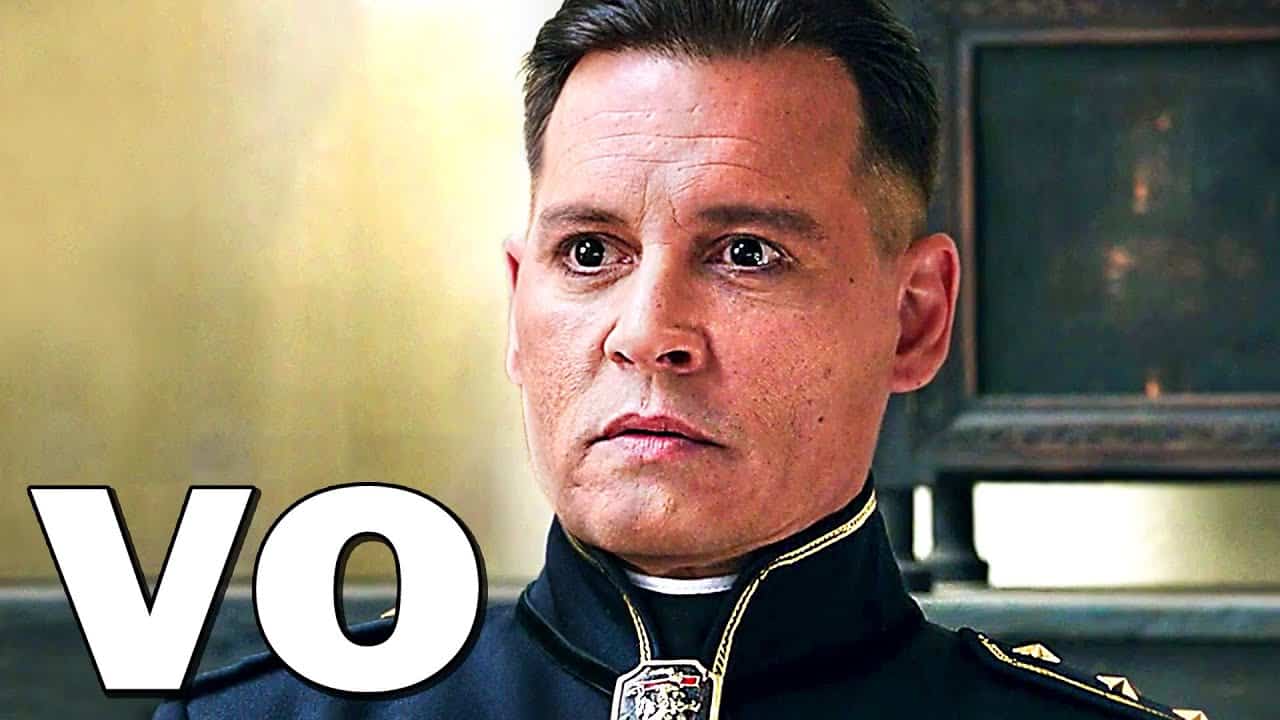The Magistrate – manages an outpost on the frontiers of an unnamed Empire. The state of affairs is pacific and there are minor misunderstandings. At this point in marches Colonel Joll who immediately requests to be briefed on the state of the affairs on the frontiers because of his ignorance.
The Magistrate tries his best but Colonel Joll remains pessimistic, apparent when he apprehends, accuses, and incarcerates an innocent man and his nephew for being sheep rustlers. Colonel Joll not only disbelieves in their innocence but proceeds to torture them, resulting in the man’s death.
The Magistrate confronts Colonel Joll about the torture and death to which Colonel Joll presents the nephew’s (extorted & false) confession to a fantastical notion of a barbarian uprising. Colonel Joll then forces the tortured nephew to take them to his deceased uncle’s tribe where Joll apprehends women and elderly men as “prisoners of war”.
Colonel Joll departs the next day, which prompts the Magistrate to immediately release all the “prisoners of war”. A few months later one of the prisoners of war with two broken ankles is seen panhandling in the streets. The Magistrate gives her food & shelter, and attempts to heal her broken ankles. Some of the soldiers mistake this act of kindness for an act of lust and the girl for the Magistrate’s concubine. The Magistrate learns of all the tortures she has gone through, including the death of her father. He asks her to stay at the fort but also shows willingness to return her to her people. The girl chooses the latter.
After a long and arduous journey through the desert the Magistrate approaches the nomads in the mountains and attempts to restore relations with them but the nomads are upset at this point and spare him his life and his horses simply for his act of kindness towards the girl.
The Magistrate returns to find Officer Mandel, a lackey of Colonel Joll, running the fort. Officer Mandel immediately takes the Magistrate into custody, accuses him of treachery, and incarcerates him.
After some time, the Magistrate exits the prison to see more “prisoners of war” being mistreated. He steps in to advocate for their release but is physically abused and tortured. He is then brought in for questioning and accused of consorting with the enemy and for taking concubines from the barbarians.
The Magistrate is then publicly shamed while Colonel Joll departs with a force to drive the barbarians into the mountains. The Magistrate is himself now disheveled and dispossessed of everything. While Colonel Joll is out on the expedition the Magistrate is taken care of by one of his female cooks.
One day a horse carrying the corpse of one of the last soldiers in Colonel Joll’s forces returns. Officer Mandel walks away in fear and then announces a “temporary scaling back of forces” and promptly departs the outpost.
The native population feels betrayed and abandoned after the soldiers encouraged the fort’s population to pillory and abuse the nomadic prisoners of war. As Officer Mandel and his men depart, the Magistrate returns to his rooms and his office to continue his studies surrounding the history of the local population.
One day one of Colonel Joll’s men returns asking for horses. They seem to be panicked as they run around and collect provisions. The Magistrate goes to see a pensive and thoughtful Colonel Joll sitting in his carriage. As the soldiers throw some provisions into the carriage the local population begins to pelt them with stones. The soldiers hastily depart into the night.
The Magistrate returns to a town bereft of young men, where boys play-pretend to stand guard around scarecrows dressed as soldiers by the gates of the fort. The movie closes with a shadow approaching the Magistrate standing alone in the courtyard, and a cloud of dust on the horizon – dust thrown up by an army of apparently nomadic warriors headed towards the fort.












